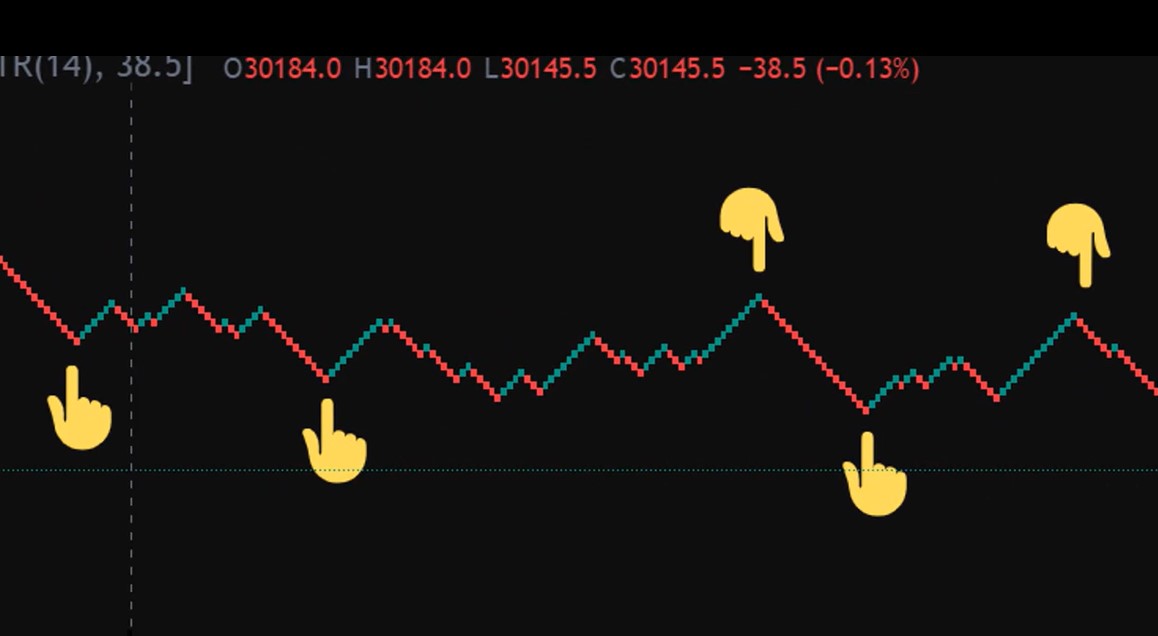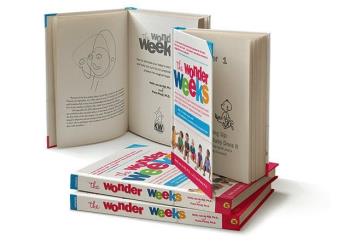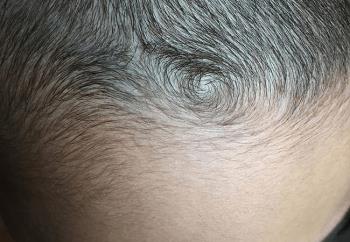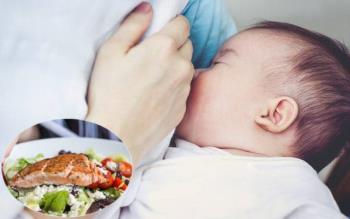Should infants take vitamin d and what dose is the most suitable for timely supplementation of nutrients to help bones strong and children develop well?
Since a newborn baby's body is immature, it is essential to have a firm grasp of the correct information to avoid giving the baby excess or vitamin D deficiency.
Let's listen to the opinions of doctors and experts on whether to give vitamin D to infants as well as the appropriate time and dose for children.
What is vitamin D used for babies?
Vitamin D is one of the most essential and important nutrients for a baby's health in the first years of life. Because at this time, the child's immature body is in the development stage, so it is necessary to provide adequate nutrition.
Vitamin D and vitamins D2 and D3 have the ability to help strong bones, develop gums and gums, and promote absorption of phosphorus, calcium in the intestines and kidneys. At the same time, vitamin D is also involved in the synthesis and secretion of hormones in the body.
Not only that, vitamin D deficiency can cause rickets, slow growth, and bowed legs. In addition, according to many studies, vitamin D deficiency is also a cause of diseases such as cancer, asthma, heart disease and weakened immune system of the body.

Should babies take vitamin D?
There are many ways for children to absorb natural vitamin D in everyday life. Sunbathing at reasonable times is the simplest and most effective method every mother knows. However, parents will need to supplement vitamin D for children if they encounter the following cases.
So should babies take vitamin D? The answer is: Yes. In the case of children with the signs below "
Babies often fussy and cry, this phenomenon can last for many consecutive hours. In addition, the baby's body is also spastic and sometimes unable to breathe during cries.
Bone deformity is also a manifestation of vitamin D deficiency in children. The reason is that the child's bones do not have enough nutrients to develop, leading to soft and deformed bones.
Sweating a lot when sleeping
Children often startle and when sleeping often twitch. Hiccups, vomiting frequently.
Children with hair loss, the mother can detect by observing the back of the baby's neck.
Children often suffer from tooth decay or slow growing teeth because of a lack of calcium and nutrients in vitamin D.
Vitamin D dosage is most suitable for children
According to experts in pediatrics, 3 days after birth, the child needs a vitamin supplement with a dose of 400 IU vitamin D a day. When the baby is grown, the mother can directly supplement vitamin D through the baby's milk daily.
Particularly for children with chronic diseases or vitamin D deficiency, parents can supplement more D as directed by a doctor.
The correct and scientific way to supplement vitamin D for children
Sunbathing early
Early sun exposure is the most natural way to boost vitamin D production in children. Parents regularly give their children sunbathing to keep them healthy but also less expensive. Note that children should be exposed to natural sunlight before 8:00 am in hot climates and before 9:00 am in cold climates. Each sun exposure does not exceed 30 minutes.

Get vitamin D through food
Another pathway to providing completely natural vitamin D to children is through food. Parents can pay attention to balance the different food groups so that they are scientifically and balanced to ensure that the child does not have any nutritional deficiencies. Foods like fish. eggs, milk ... are all rich sources of vitamin D for children.
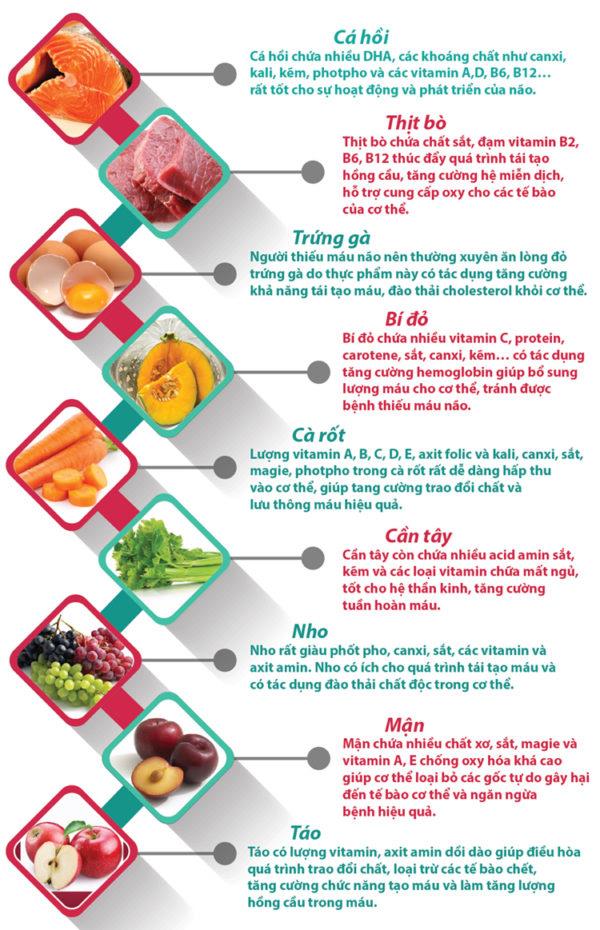
Preparations and drugs
In case the child is still deficient in vitamin D, parents can consider using pills or water to supplement D for the child. However, you still need to pay attention to use the correct dose of science to avoid excess vitamin D .
Dosages of some popular vitamin D supplements on the market:
Sterogyl: Take 1 drop / day.
Infadin: Take 1 drop / day or every other day as directed by your doctor.
Vitamin D3 BON: use 1 tube for 6 months, you can use 2 tubes depending on the case.

The harmful effects of vitamin D overdose
Everyone knows the essential role vitamin D plays in infant development. But parents also need to be very careful if taking an overdose of the allowed amount can cause many unpredictable harm such as:
Increasing the amount of calcium in the blood makes the baby vomit, stop breastfeeding.
The child's body is exhausted, tired, sedentary and in play.
Risk of calcification of blood vessels because of calcium residue, kidney stones and damage to the cardiovascular system.
If parents see these signs appear to children, they should immediately stop taking vitamin D and immediately go to the hospital for examination.
This article answers the question of whether to give vitamin D to infants and provides parents with detailed instructions on how to take vitamin D supplements scientifically. However, direct consultation from a doctor is still the best way to check if your child is deficient in vitamin D and how to supplement the dosage.
See more:
Vitamin D for pregnant women - Supplement the right, enough and right way
Signs of Vitamin Depletion - Missing something is replenishing it!
Guide to supplementing vitamins for children in "standard" oral form!





